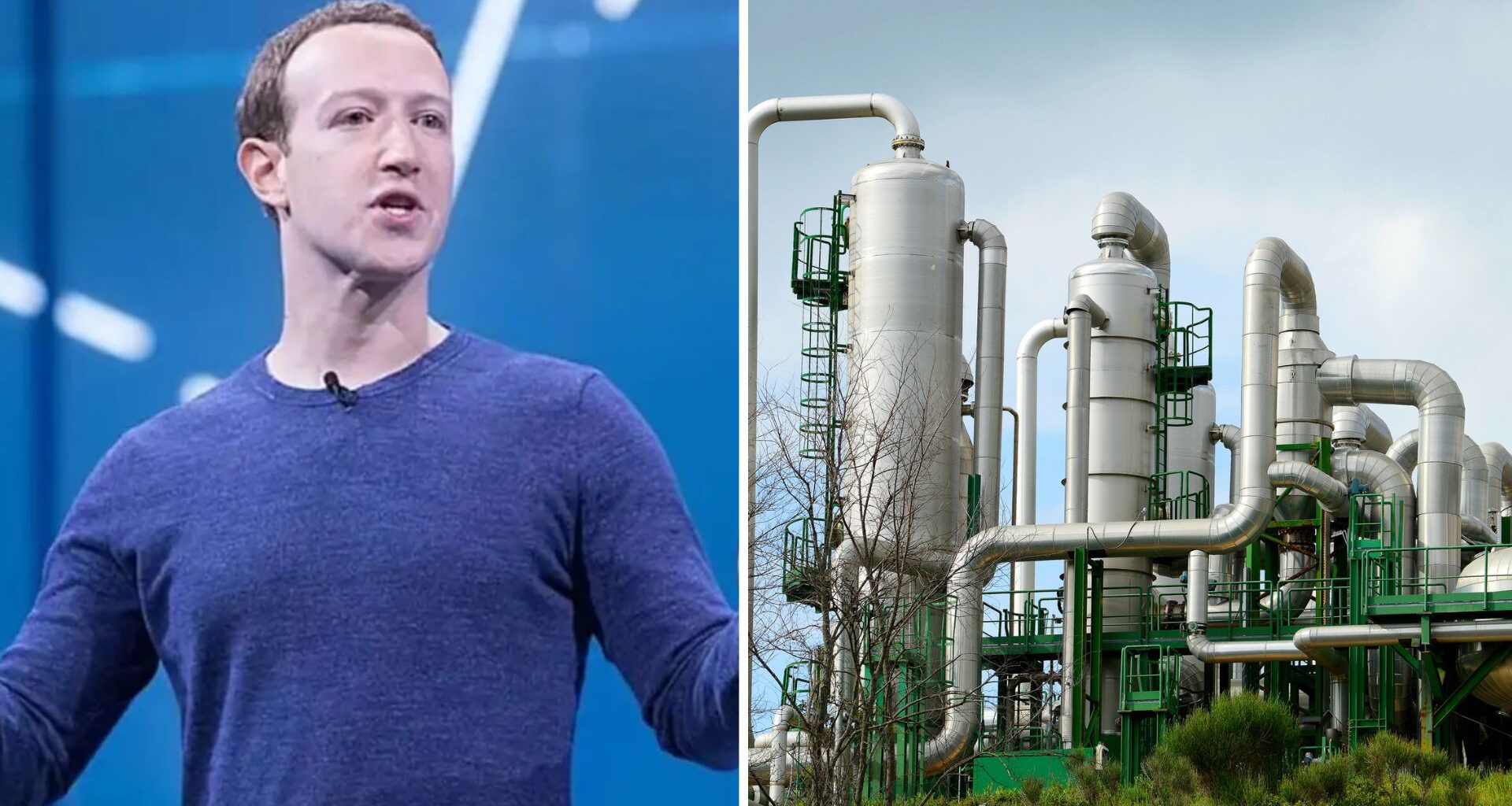Meta has joined the growing list of tech giants turning to geothermal energy as part of their clean energy strategy. On Thursday, the company announced a new collaboration with geothermal startup XGS Energy. Together, they plan to develop a 150-megawatt geothermal power plant in New Mexico.
The deal is not a power purchase agreement, but rather a strategic partnership aimed at “advancing geothermal energy development” in the state, as per reports. Key details, such as the exact location of the plant, remain under wraps. XGS Energy has not yet revealed where it will build the facility.
Meta’s announcement comes as major players in the technology and data center industries ramp up interest in geothermal power. The appeal lies in its ability to provide around-the-clock, emission-free electricity—qualities that are especially valuable to large-scale data operations.
As demand for artificial intelligence and cloud computing grows, so does the need for reliable, sustainable power.
XGS Energy’s closed-loop advantage
Unlike many other geothermal startups, XGS Energy is betting on a closed-loop geothermal system. Traditional open-loop systems involve injecting water down one well, letting it flow through naturally occurring rock fissures, and then drawing it up from another well. This method, while effective, often results in water loss over time as some of it seeps into the ground.
XGS Energy takes a different approach. Its closed-loop system circulates water through a sealed well, preventing water loss. The startup also uses a proprietary heat-transfer mud around the exterior of the well casing to boost heat absorption from the surrounding rocks.
This technology is still under development, but XGS has already raised $20 million in Series A funding to support the creation of a commercial-scale prototype in California. The collaboration with Meta could help the company take a significant step toward large-scale deployment.
Advanced geothermal systems like this, which drill deeper to tap into hotter rock formations, could meet up to two-thirds of the projected electricity demand from new U.S. data centers by 2030, according to research from the Rhodium Group.
Geothermal energy heats up across tech
Meta’s latest move is part of a broader trend among tech companies to diversify their clean energy sources. Just this week, Fervo Energy, another geothermal startup, announced it had secured $206 million in financing to expand its Cape Station power plant. When complete, Cape Station will become the world’s largest geothermal facility.
Fervo’s success has fueled speculation that the company may go public as soon as next year. The startup also has existing agreements with Google to supply electricity to its data centers in Nevada.
Google, for its part, is also exploring multiple geothermal pathways. In April, the company signed a deal with Baseload Capital to purchase 10 megawatts of geothermal energy for its Taiwan operations.
As hyperscale data center developers search for dependable, emissions-free power, geothermal is emerging as a serious contender. Although solar and wind dominate the renewable energy conversation, they depend on weather and daylight. Geothermal, by contrast, offers a steady, 24/7 energy source from beneath the Earth’s surface.
